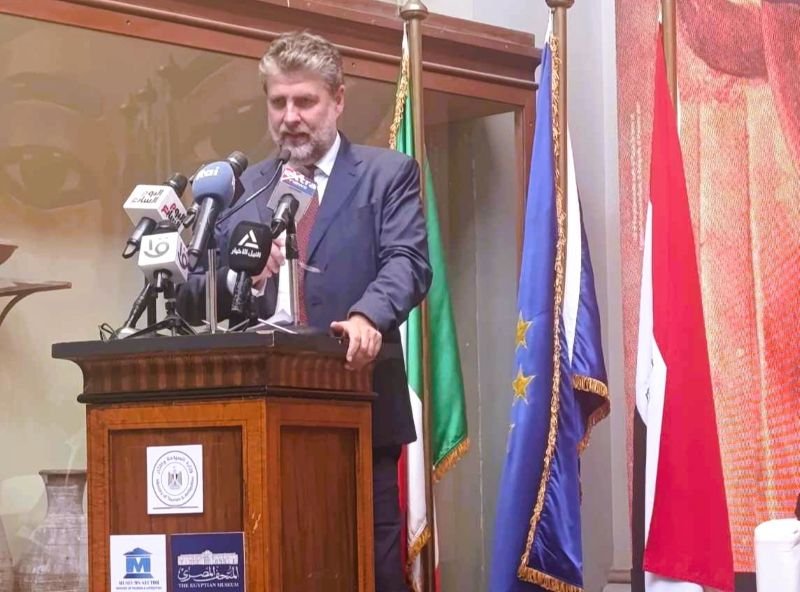France: PonteSud – Anita Bosman
The Trump administration touts deregulation as a source of economic growth – the thinking is that removing what it sees as shackles on business will promote it. But sometimes it takes regulation to do that.
In 1977, Cambridge, Massachusetts, became the first city in the world to regulate the manipulation of genetic material. That gave it, and the greater Boston area, a launchpad to become arguably the world’s most important biotech hub. The lesson is to set clear and transparent rules around a product or service, and it may take off.
Advocates for stablecoins could be hoping for a similar jumpstart from legislation likely to be passed by the Republican-controlled Congress in coming weeks. Unlike cryptocurrencies like Bitcoin, stablecoins are a type of digital asset designed to hold a steady value. Up to now, they’ve been used as a sort of parking area for traders in Bitcoin and other tokens, especially in times of high volatility. Advocates hope that, with clearer regulation, they’ll be used more and more widely for all sorts of payment and money transfers.
US Treasury Secretary Scott Bessent has an even grander vision: that stablecoins will strengthen the dollar’s status as “the dominant reserve currency in the world,” a concept that’s been called into question in recent months. Bessent and his team say they are also looking into how they can help the government finance its gaping deficit. Not all economists are quite so bullish though.







